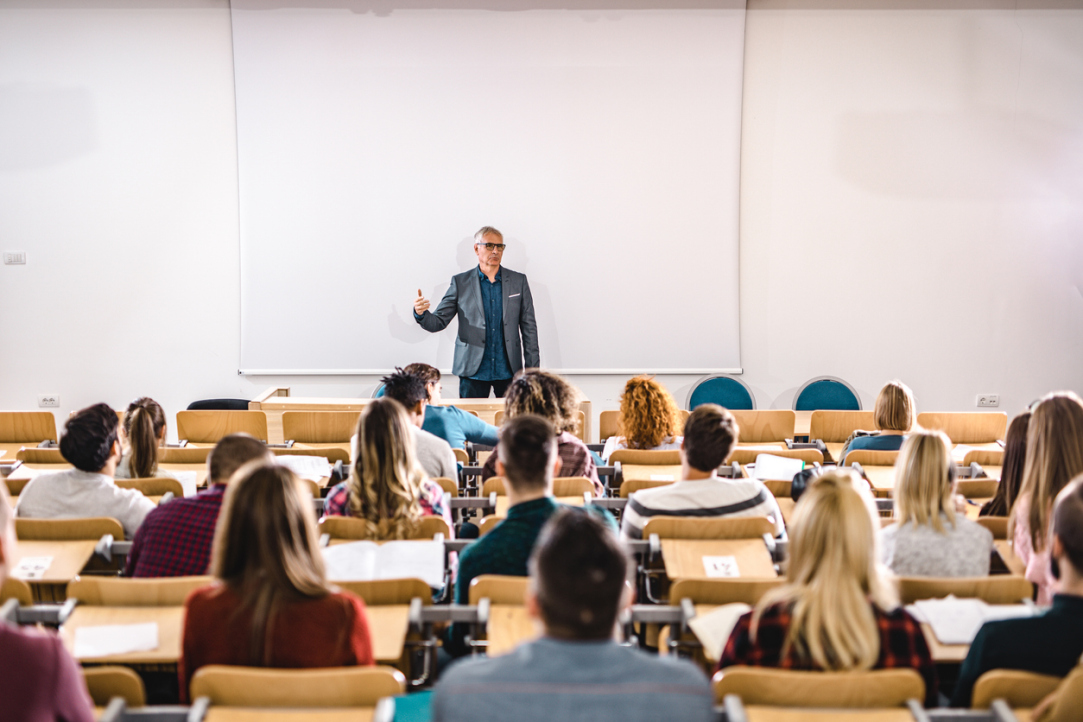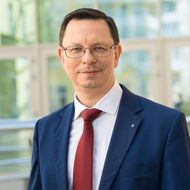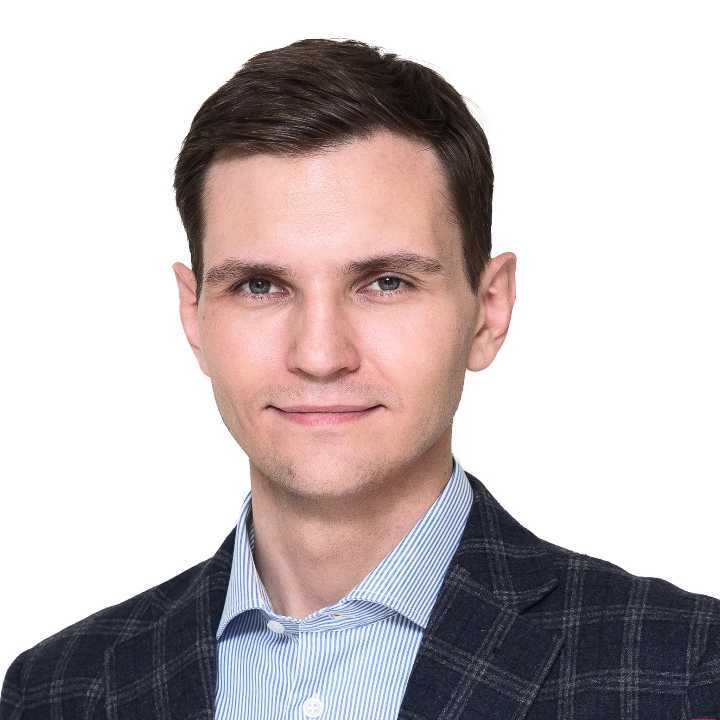Recruitment Campaign 2025: How HSE Attracts Top International Talent

For nearly two decades, HSE University’s international recruitment programmes have brought highly qualified professionals from the global academic job market to Russia—from recent PhD graduates of leading universities to experienced international scholars. On September 1, 2025, the university expects 50 new international faculty and researchers to join its academic team.
The primary aim of international academic recruitment is to form a teaching and research staff capable of carrying out globally recognised research and delivering HSE University’s degree programmes at an internationally competitive level.
The selection process for the 2025 international recruitment campaign concluded in April. Candidates were chosen for two flagship initiatives—the tenure-track international faculty programme and the international postdoctoral fellowship programme. HSE expects to welcome 50 international specialists this autumn: 15 under the tenure-track programme and 35 as international postdocs.
These new colleagues are graduates of PhD programmes at 50 leading universities, including the University of California, Los Angeles (USA), the University of Oxford (UK), Harvard University (USA), the Free University of Brussels (Belgium), the University of Toronto (Canada), the University of Southern Denmark, George Washington University (USA), the University of Pittsburgh (USA), the University of São Paulo (Brazil), the University of Bordeaux (France), Boston College (USA), the Free University of Berlin (Germany), the Indian Statistical Institute, Jawaharlal Nehru University (India), Beijing Institute of Technology (China), and many others.

Nikita Anisimov
HSE Rector Nikita Anisimov highlighted a notable feature of the 2025 recruitment campaign. ‘Of the 15 international specialists joining us on September 1 through the international tenure-track programme, nine—that is 60%—are Russian citizens who graduated from top foreign universities. This confirms that our international recruitment efforts also fulfil an important national goal: they support the return of highly qualified specialists to their homeland, to Russia. We are truly pleased with this result. At the same time, the international postdoctoral fellowship programme continues to attract primarily foreign nationals—graduates of top-tier PhD programmes. This year, the vast majority of those who accepted postdoc offers from HSE hold citizenship from friendly countries,’ shared Nikita Anisimov.
Vice Rector Alexey Koshel also gave details about the selection principles and results of HSE’s 2025 international faculty recruitment campaign.

Alexey Koshel
‘This year, members of the subject-specific selection committees and the International Recruitment Committee faced a welcome challenge: the 2025 campaign attracted an exceptionally strong pool of candidates, both in terms of numbers and academic quality. Applications for the international tenure-track faculty programme nearly doubled compared to 2024. As in previous years, the majority of applications—44%—came from candidates in Economics and Finance. Business & Management and Computer Science followed with 10% each, while Linguistics and International Relations & World Economy each accounted for 6.5% of the applications. The remaining 23% were distributed across other disciplines. It has also become a tradition for some of the strongest international postdocs to transition into the tenure-track programme—this year, three such candidates were selected. Applications for the international postdoctoral programme increased by nearly 25%, and the overall academic profiles of candidates were very strong,’ said the HSE vice rector.
As Alexey Koshel explained, ‘this year’s successful recruitment campaign can be attributed to both a favourable shift in the global academic job market and HSE University’s strong international visibility and reputation as a trusted and respected employer.’
HSE University runs its international recruitment programmes on a competitive basis across all its campuses. The university currently operates several successful initiatives to attract international talent, including the International Tenure-track Programme, the International Postdoctoral Fellowship Programme, the Part-time Seniors scheme for leading international scholars, and the Digital Professors programme. Applications for the Digital Professors programme are submitted online via the programme’s dedicated webpage (in Russian).
See also:
HSE Researchers Offer Guidance to Prevent Undergraduate Burnout
Researchers at the HSE Institute of Education have identified how much time students should ideally devote to their studies, extracurricular activities, and personal life to maintain strong academic performance without compromising their mental health. An analysis of responses from 2,753 students, combined with their actual academic results, revealed several risk factors—such as excessive homework—as well as positive factors, including sufficient sleep, regular exercise, and moderate participation in projects. Based on these findings, the researchers developed practical recommendations for both students and universities. The paper has been published in the European Journal of Education.
When a Virus Steps on a Mine: Ancient Mechanism of Infected Cell Self-Destruction Discovered
When a virus enters a cell, it disrupts the cell’s normal functions. It was previously believed that the cell's protective response to the virus triggered cellular self-destruction. However, a study involving bioinformatics researchers at HSE University has revealed a different mechanism: the cell does not react to the virus itself but to its own transcripts, which become abnormally long. The study has been published in Nature.
Researchers Identify Link between Bilingualism and Cognitive Efficiency
An international team of researchers, including scholars from HSE University, has discovered that knowledge of a foreign language can improve memory performance and increase automaticity when solving complex tasks. The higher a person’s language proficiency, the stronger the effect. The results have been published in the journal Brain and Cognition.
Lost Signal: How Solar Activity Silenced Earth's Radiation
Researchers from HSE University and the Space Research Institute of the Russian Academy of Sciences analysed seven years of data from the ERG (Arase) satellite and, for the first time, provided a detailed description of a new type of radio emission from near-Earth space—the hectometric continuum, first discovered in 2017. The researchers found that this radiation appears a few hours after sunset and disappears one to three hours after sunrise. It was most frequently observed during the summer months and less often in spring and autumn. However, by mid-2022, when the Sun entered a phase of increased activity, the radiation had completely vanished—though the scientists believe the signal may reappear in the future. The study has been published in the Journal of Geophysical Research: Space Physics.
Banking Crises Drive Biodiversity Loss
Economists from HSE University, MGIMO University, and Bocconi University have found that financial crises have a significant negative impact on biodiversity and the environment. This relationship appears to be bi-directional: as global biodiversity declines, the likelihood of new crises increases. The study examines the status of populations encompassing thousands of species worldwide over the past 50 years. The article has been published in Economics Letters, an international journal.
Scientists Discover That the Brain Responds to Others’ Actions as if They Were Its Own
When we watch someone move their finger, our brain doesn’t remain passive. Research conducted by scientists from HSE University and Lausanne University Hospital shows that observing movement activates the motor cortex as if we were performing the action ourselves—while simultaneously ‘silencing’ unnecessary muscles. The findings were published in Scientific Reports.
HSE Scientists Reveal What Drives Public Trust in Science
Researchers at HSE ISSEK have analysed the level of trust in scientific knowledge in Russian society and the factors shaping attitudes and perceptions. It was found that trust in science depends more on everyday experience, social expectations, and the perceived promises of science than on objective knowledge. The article has been published in Universe of Russia.
IDLab: Fascinating Research, Tough Deadlines, and Academic Drive
The International Laboratory of Intangible-driven Economy (IDLab) was established at the HSE campus in Perm 11 years ago. Its expertise in data processing and analysis allows researchers to combine fundamental studies with applied projects, including the development of risk and cybersecurity models for Sber. The head of the laboratory, Professor Petr Parshakov, and Senior Research Fellow Professor Mariya Molodchik spoke to the HSE News Service about IDLab’s work.
HSE Lecturers Awarded Yandex ML Prize 2025
The Yandex ML Prize is awarded to lecturers and heads of educational programmes who contribute to the development of artificial intelligence in Russia. This year, 10 laureates were selected from 300 applicants, including three members of the HSE Faculty of Computer Science (FCS). A special Hall of Fame award was also presented for contributions to the establishment of machine learning as an academic field. One of the recipients was Dmitry Vetrov, Research Professor at the HSE FCS.
HSE Tops Ranking of Universities Participating in Priority 2030 Programme
The Russian Ministry of Science and Higher Education has published an updated list of participants in the Priority 2030 programme. A total of 106 universities will receive support this year. HSE University was included in the first group and topped the ranking.


